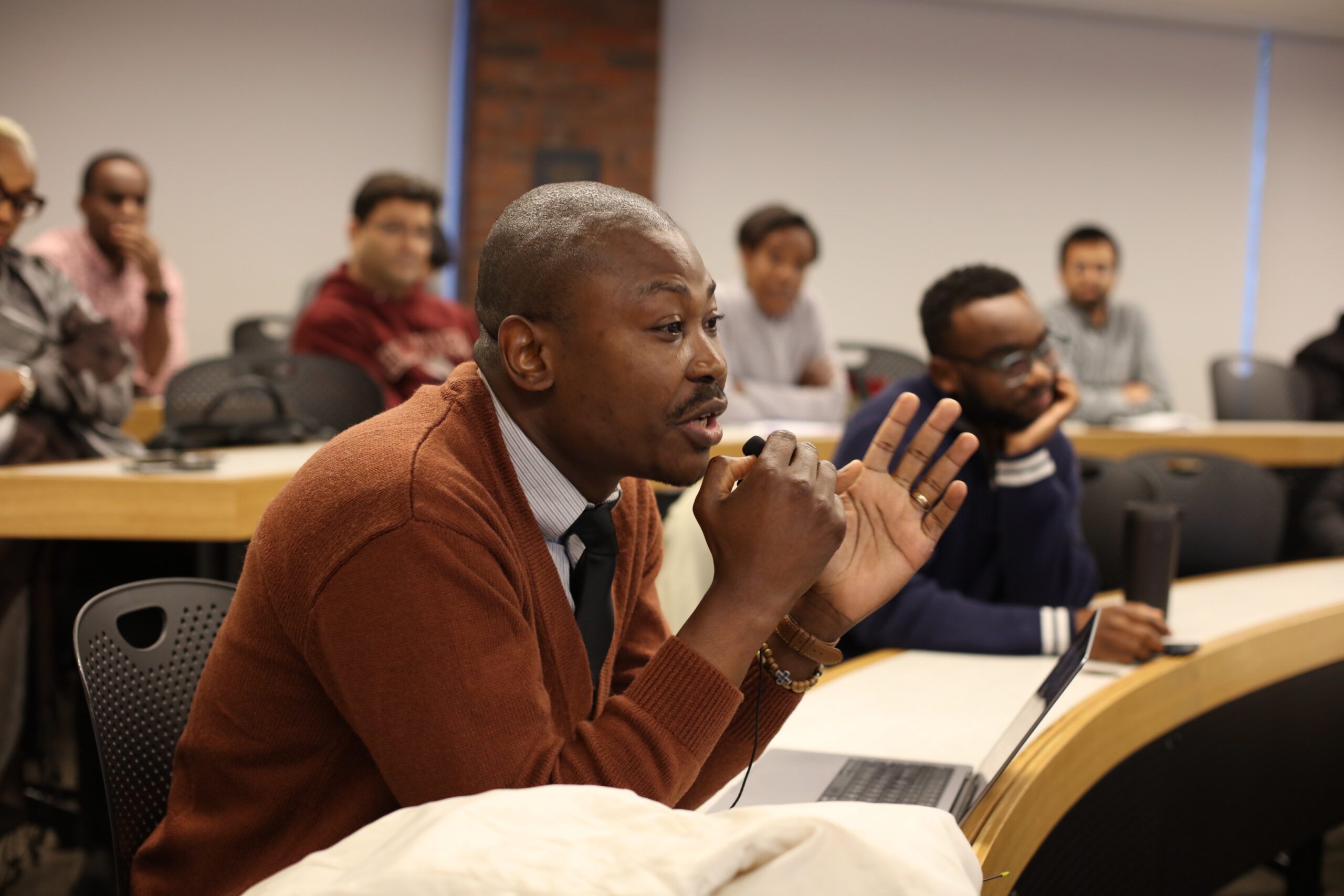Despite the scintillating promises it holds, the African Continental Free Trade Area (AfCFTA) is only a necessary, not a sufficient condition for a structural transformation and global convergence of Africa. The substantial efforts to pass the sufficient test rest upon transcending the colonial model of resource extraction economy.
In a blow to the gravity trade model, the continent trades with distant and dissimilar economies while lamentably struggles to integrate from within, with the intra-African trade situated at around 18% of the total trade volume. But the good news is that while extra-African trade is dominated by commodities, it is surprisingly eye-opening to see that when Africans trade with each other they exchange more complex and manufactured goods and services.
Scaling that good quality trade within African nations to an economic momentum requires a host of actions, from enhancing human capital and infrastructure gap to dealing head on with security and geopolitical risks and speaking with one voice. I argue that all these actions boil down to transcending the colonial model of resource extraction.
A fragmented economy is a weak economy, prone to both inefficiencies and volatility. For 77% of total production of cocoa, the continent does not control more than 4% of its $120B global value chain[1]. It certainly takes a more structural field building which leverages manufacturing to get to the top of the value chain where more profit sits, but the dubbed “COPEC”, a cartel of Cote d’ Ivoire and Ghana is now set to change the terms of the discussion and the narrative within the industry. Ghana, a former British colony, needed to close the colonial legacy door to join Cote d’ Ivoire, a former French colony. The two countries will soon be joined by Nigeria and Cameron, making a whooping 75% of the global production[2].
An extractive economy will not spur human capital and infrastructural development today as it did not before when it was in full force, because it’s an original sin. The promise that one can do the same thing and expect different results is an inconsequential policymaking. The preached path dependency with the systematized proclivity of African countries to “stay course” with the colonial economy, by itself, compels Africans to a regenerative approach to reset our development software. Human and physical capital accumulation are indispensable to both Cote d’Ivoire and Ghana to convert the functioning cartel into a prosperous value chain of cocoa, which alone represents 30% of the annual total exports expected from AfCFTA. They will do it faster and better if they mutualize beyond their colonial models’ legacies.
Trade payments and settlements are to economic integration what blood is to the body, and to the extent they are faster, secure, and cheaper will the continent integrate. The legacy of the currencies systems, mostly unconnected and bogus with respect to our development objective, is still tied to the colonial legacy. The 54 African countries use 41 currencies, mostly not traded both on the global stage and within Africa. While the plural currency system is not the problem in itself, surely the lack of convertibility and exchange is. Trade settlement in that plural currency system, without workable exchange platforms, is a plight that diverts trade. Add the illiquidity and volatility of these currencies, and you got a can of worms that makes it non-operational, expensive for trading and investment from African and foreigners. Efforts to enhance mobility of goods and persons must ramp up to scale and power the Pan-African Payment and Settlement System – a cross-border, financial market infrastructure enabling payment transactions across Africa. Such actions constitute an operational workaround to the fragmented and foreign-dependent currencies system to allow trade in local currencies, reduce inefficiencies, enhance competitive advantage, and FDI inflow.
On the political environment, power gaining, wielding and retention on the global stage and the risk perception, size matters. Speaking with one voice on the global stage and building a narrative that promotes African trade policy on the global stage calls to cut across the divisive colonial legacy. With it come trade agreements that favor mobility of labor and know-how from the Global North to the continent through rules of origin, agglomeration, and re-shoring. If African countries deal well with the debilitating stain of unstructured and poorly fledged out risk determinants, the risk perception on the continent–a binding constraint that moderates the flow of FDI–will subsidize.
While, overall, cherry-picking is not an effortless policy at a continental level, I argue that trade- because it is more a matter of aggregation, you do not trade with yourself– is a single area where the Africa must concur without delay. There must be an African Trade Policy on the global stage, more so now that the globalization as we know it is going through a fresh eye review by global powers including the United States. Because of the unlikely arduous work, it requires to align macro-indicators on a continental level, an African currency is a daunting and long-term solution to the plural currency system. In my estimation, a more technology infused trading and exchange of currencies is a piece-meal policy to overcome the hurdle of unconvertible, illiquid, risky, and non-traded currencies at scale to unlock intra-African trade.
The AfCFTA promises what the continent has not achieved in the past: prosperity, economic integration, structural transformation, and integration to the top of global value chain, and jobs. The agreement will rise and fall to the extent the continent decouples from the model of an extractive economy. Africans must mobilize creativity and assertiveness into policies that deliver.
[1] https://www.wsj.com/articles/new-cocoa-cartel-could-overhaul-global-chocolate-industry-11578261601
[2] https://northafricapost.com/61670-cameroon-nigeria-to-join-ivory-ghana-led-cocoa-cartel-boosting-growers-leverage.html
